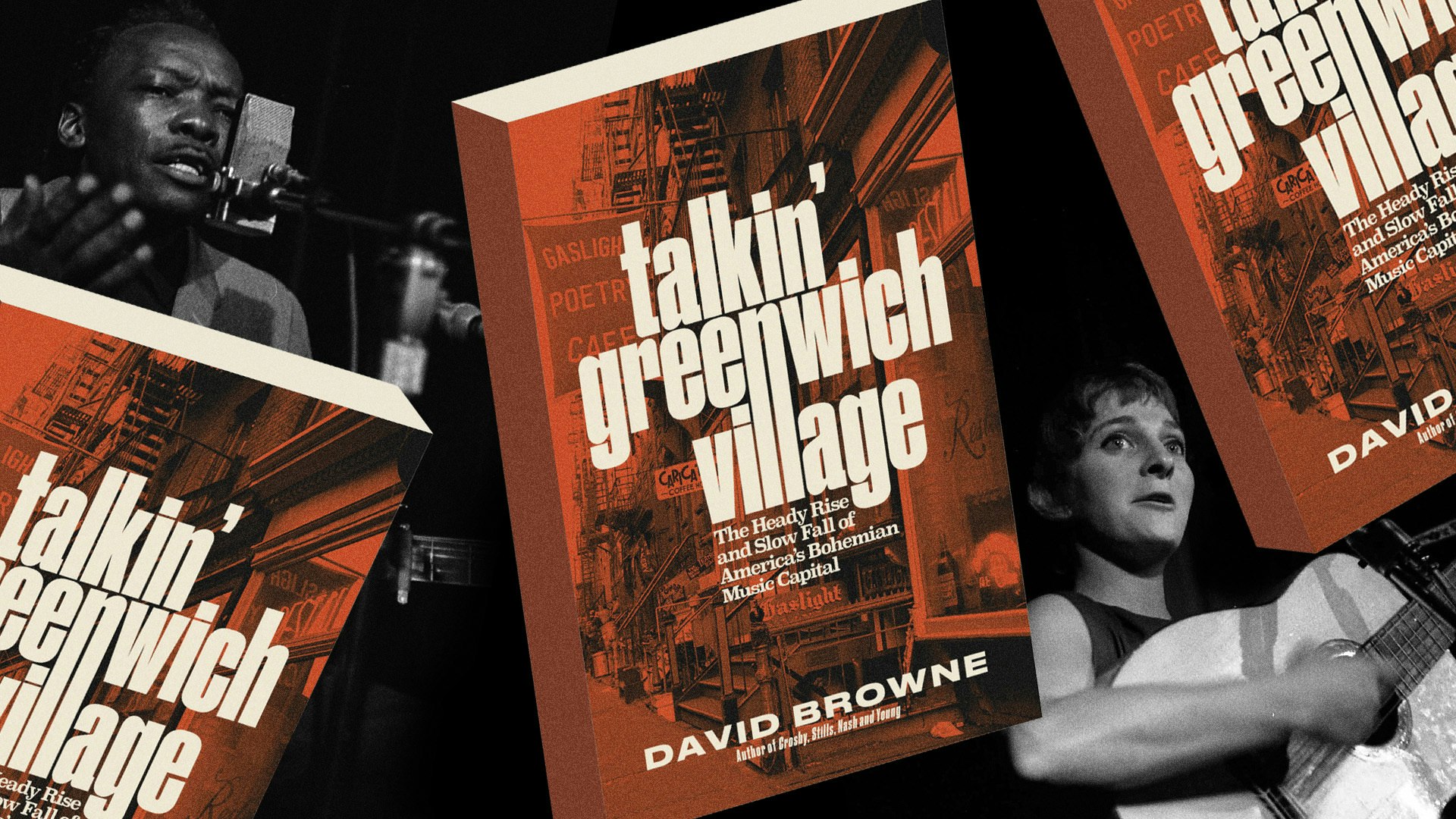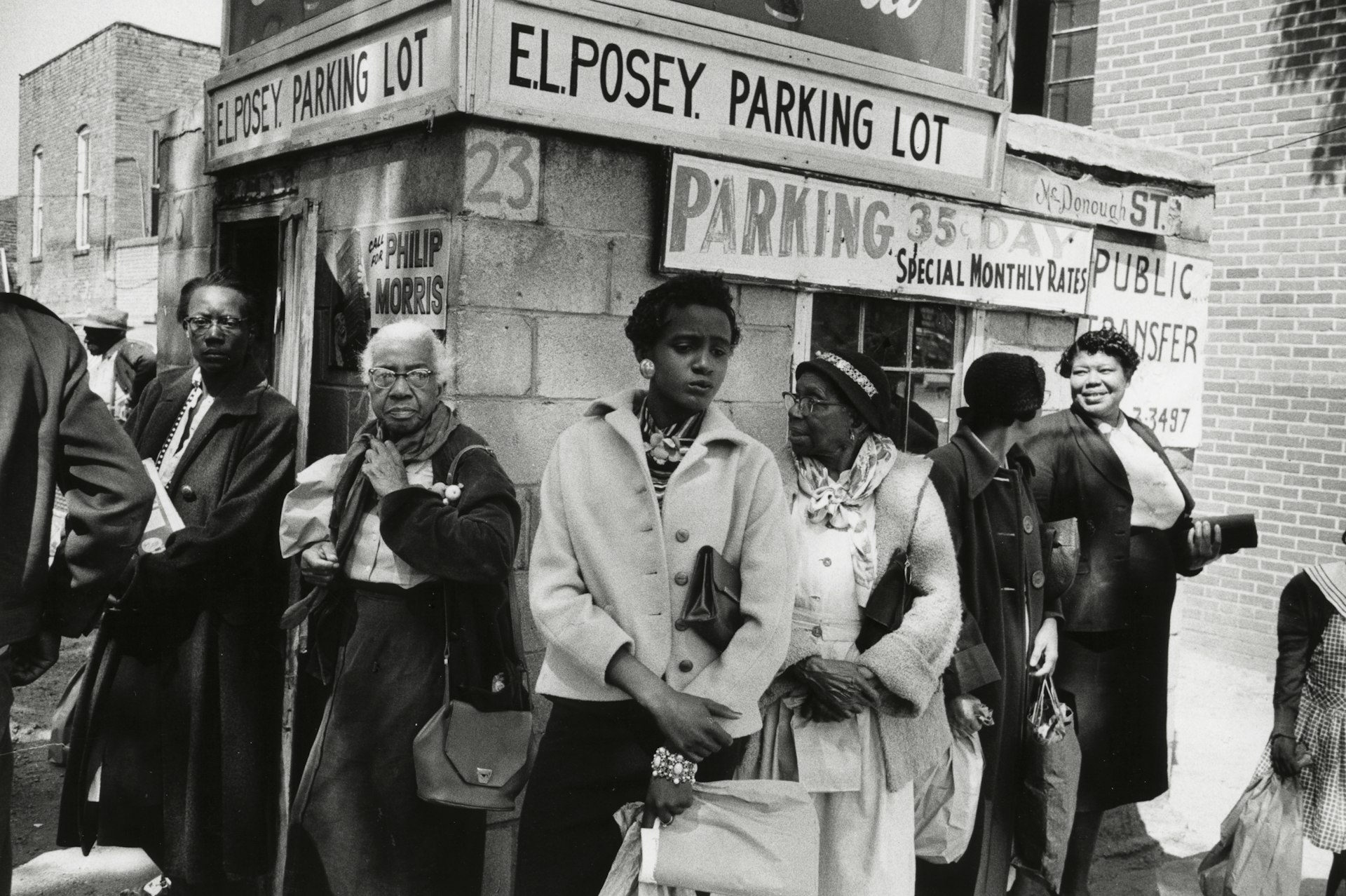Stormzy has made me proud to be a black Cambridge graduate
- Text by Alex Mistlin
- Illustrations by Simon Hayes

This year’s A-level results day came with a sprinkling of celebrity stardust, as Stormzy announced that he is funding two scholarships for black British students to attend Cambridge University. Speaking yesterday at Harris City Academy in Croydon, his old school, the rapper said: “When students are young, academically brilliant and getting great grades, they should know that [Oxbridge] is an option.”
As a young black man and recent graduate of Cambridge University, this story really resonated with me. Like Stormzy, I always believed that Oxbridge could be within reach, but the stats always seemed to tell me otherwise. Black people are disproportionately less likely to apply to Oxbridge than their white peers, and they are also less likely to be offered a place if they do.
To date, Stormzy has been unafraid to use his platform as a leader of the grime scene to agitate for social causes. At the Brits, he called out Theresa May for failing to keep her promises to the victims of the Grenfell Tower fire, and last year he donated £9,000 to a student from south-west London who had been offered a postgraduate place at Harvard.
Unfortunately, this one-man campaign for social justice has not gone without criticism. After announcing the Cambridge scholarship, he was met with backlash across social media, with many accusing the rapper of “fighting racism with racism.” Stormzy even took to Instagram to directly respond to the litany of messages who had been asking why he had selected just black students.
The accusation that Stormzy is “leaving out” working-class white students is as irrelevant as it is predictable. Still, it is true that people from low-income backgrounds of all ethnicities are under-represented at Oxbridge and this understandably is a source of resentment. I know all too well that Cambridge can be an alien environment for people from a whole range of atypical backgrounds, and I’m sure that some of my white friends from Wales or the North-East might have envied my ‘North London privilege’.
However, this should not detract from the fact that being visibly different inevitably associates you with all sorts of things, not all of which are positive. On my first day of university, we were shown a clip of a young black man – who looked not unlike myself – trespassing on college grounds and stealing two laptops. I’m sure this was a well-meaning attempt to encourage us to take responsibility for our security, but as the only black man in my year, it made me feel immediately uncomfortable. The awkward feeling that you are a representative for all people from your ethnic background is not one that I would bestow lightly upon any 18-year-old.
A Varsity investigation published last year revealed that black students are half as likely to receive a first, and twice as likely to receive a 2:2 or third than the average Cambridge student. While personally I did not feel as though my race hindered my academic attainment at Cambridge, being black did heighten my internal anxieties about leaving home and embarking on university study. In part, this was because of a predictable lack of cultural sensitivity from a minority of my peers. Nobody wants to turn up at University to be greeted as a novelty, and this only gave me an exacerbated version of the ‘imposter syndrome’ that is common among Cambridge undergraduates.
Ultimately, Stormzy is not a policy-maker. He is a musician who is voluntarily aiding his community out of optimism, not spite. He has recognised that his profile gives him a certain caché within the black community and he has rightly decided to work to create a better, more inclusive society. (Even the Daily Mail – a paper so devoid of nuance around issues of equality and representation that it named and shamed a black Cambridge student for campaigning to “decolonise” the curriculum – gave Stormzy’s initiative a positive write-up.)
Besides, influential bodies like the Higher Education Policy Institute have previously called for action to increase the number of white working class boys at elite universities. Let’s not pretend that an equivalent scholarship for this group (considered openly to be “the most underrepresented group in higher education”) would be met with anything other than praise; as rapper Professor Green was when he spoke out on the issue earlier this year.
The greatest benefit of the Stormzy Scholarship is not the financial one for the four recipients – important as that is at a time of rising tuition fees – but the positive impact it will hopefully have on a generation of black students who will know that Oxbridge is an option for them. Therefore, I am not merely applauding Stormzy for his generosity but for the fact that he is attempting to change the conversation around young black people at a time when stories such as the moral panic around drill music paint a negative picture. Who knows, maybe one day getting a Cambridge degree will be as cool as winning a MOBO award.
Follow Alex Mistlin on Twitter.
Enjoyed this article? Like Huck on Facebook or follow us on Twitter.
Latest on Huck

In the ’60s and ’70s, Greenwich Village was the musical heart of New York
Talkin’ Greenwich Village — Author David Browne’s new book takes readers into the neighbourhood’s creative heyday, where a generation of artists and poets including Bob Dylan, Billie Holliday and Dave Van Ronk cut their teeth.
Written by: Cyna Mirzai

How Labour Activism changed the landscape of post-war USA
American Job — A new exhibition revisits over 70 years of working class solidarity and struggle, its radical legacy, and the central role of photography throughout.
Written by: Miss Rosen

Analogue Appreciation: Emma-Jean Thackray
Weirdo — In an ever more digital, online world, we ask our favourite artists about their most cherished pieces of physical culture. Today, multi-instrumentalist and Brownswood affiliate Emma-Jean Thackray.
Written by: Emma-Jean Thackray

Meet the shop cats of Hong Kong’s Sheung Wan district
Feline good — Traditionally adopted to keep away rats from expensive produce, the feline guardians have become part of the central neighbourhood’s fabric. Erica’s online series captures the local celebrities.
Written by: Isaac Muk

How trans rights activism and sex workers’ solidarity emerged in the ’70s and ’80s
Shoulder to Shoulder — In this extract from writer Jake Hall’s new book, which deep dives into the history of queer activism and coalition, they explore how anti-TERF and anti-SWERF campaigning developed from the same cloth.
Written by: Jake Hall

A behind the scenes look at the atomic wedgie community
Stretched out — Benjamin Fredrickson’s new project and photobook ‘Wedgies’ queers a time-old bullying act by exploring its erotic, extreme potential.
Written by: Isaac Muk